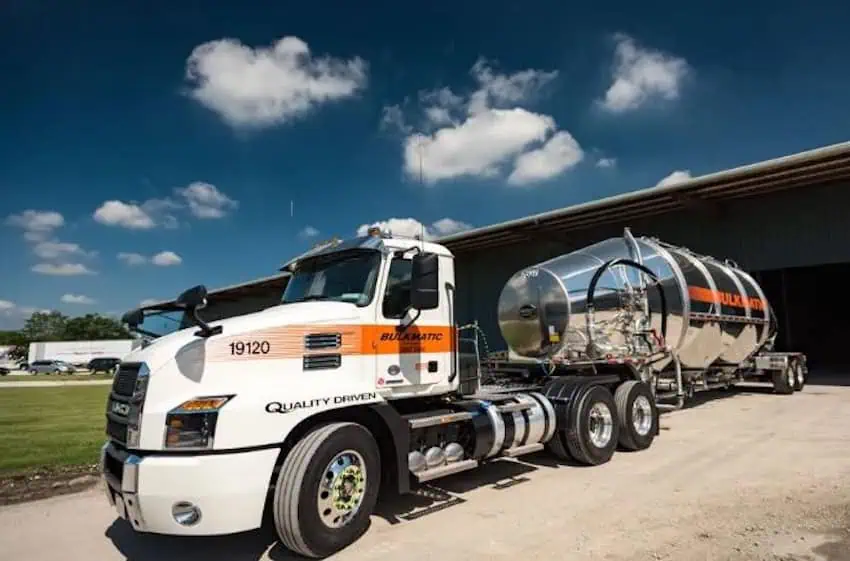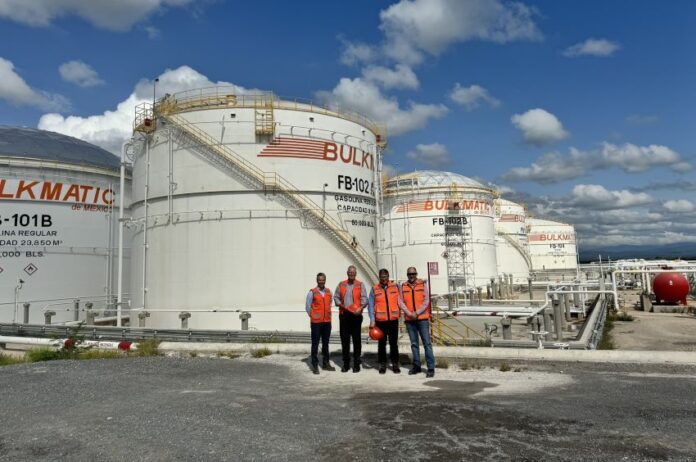Bulkmatic de México, a logistics company for Mexico’s main railway terminals, will invest US $250 million in a new intermodal terminal in Pesquería, Nuevo León, as it seeks to improve supply chain infrastructure in the country.
The terminal will occupy a 100-hectare site near the Monterrey International Airport and industrial complexes housing KIA and Ternium. The move is part of a larger investment plan in excess of US $600 million, which the company plans to implement over the next ten years.

Camilo Gómez, commercial manager of Bulkmatic, said the new terminal will have the capacity to handle commodities such as steel, paper, lumber and, primarily, grains – sectors that are growing thanks to the nearshoring boom.
The terminal will also be able to receive up to two unit trains, primarily focusing on grain storage. It will have the capacity to handle up to 1,300 rail cars, making it one of the largest in the country.
For context, the company’s largest terminal in Tula, Hidalgo, has capacity for 380 cars, while its terminal in Salinas Victoria, Nuevo León, handles 230 cars.
The terminal will feature advanced infrastructure, including silos for grains and minerals, tanks for petrochemicals, and warehouses for hazardous chemicals and plastic resins, as well as a 23-hectare area to store automobiles and steel. It will also be connected to the rail networks of CPKC de México and Ferromex, facilitating logistics and enhancing the competitiveness of its customers.
Bulkmatic CEO Alejandro Doria noted that logistics integration in North America has been key to regional prosperity, driven by the USMCA and the rail systems of Mexico, the United States and Canada.
Doria added that since its arrival in Mexico in 1996, Bulkmatic has grown along with regional trade. Today, it operates more than 14 terminals in the country and connects to more than 40 points of origin and destination. Some of these terminals are located in Salinas Victoria, Nuevo León; Tula, Hidalgo; and the Valley of Mexico.
Overall, Bulkmatic handles approximately 45,000 rail cars annually, equivalent to four million tons of various raw materials. Ninety percent of the raw materials it receives by rail are distributed to more than 800 Mexican manufacturing plants, where they are transformed into products such as cars, refrigerators and syringes.
Many finished products are exported to North America for the final consumer.
With reports from El Economista and Mexico Industry
